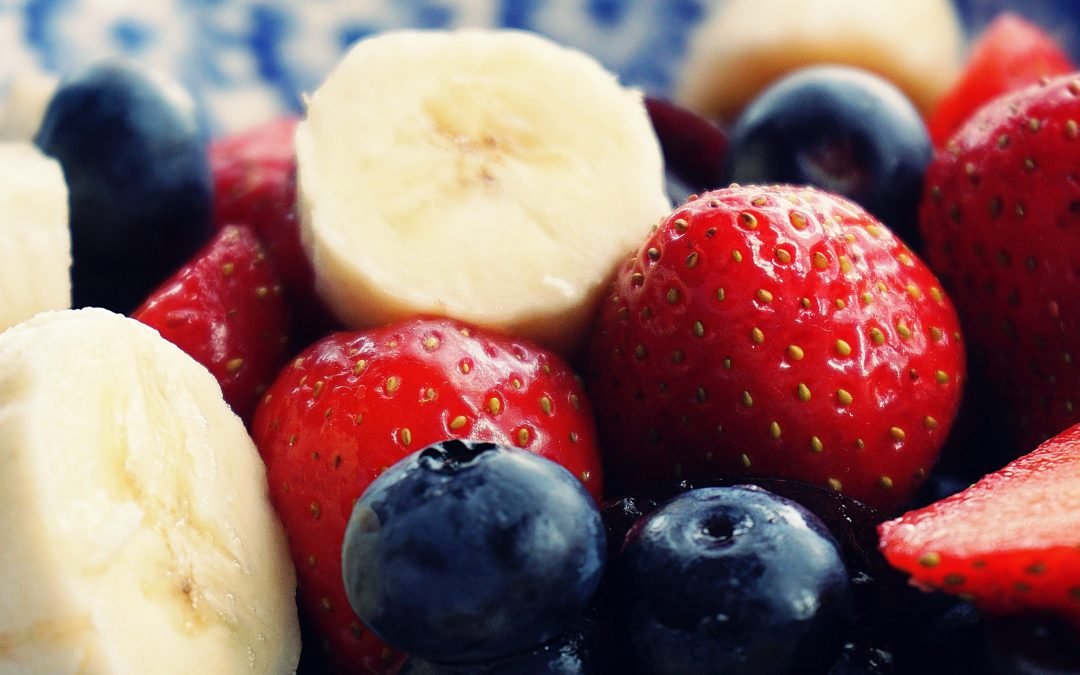Antioxidants
The word “antioxidant” has a really positive ring to it. Most people often associate it with getting rid of toxins from your body which generates a sense of benefit when consuming them.
This isn’t far from the truth as antioxidants are critical when it comes to minimizing cell damage caused by harmful free radicals.
It is here that the intake of antioxidants through whole foods or antioxidant supplements comes into play as they serve the purpose to neutralize these free radicals in your body.
Free Radicals
Free radicals are unstable molecules with one or more unpaired electrons that the body produces in response to the environment and other pressures (consuming processed foods, smoking, environmental pollution, radiation, etc).
Free radicals typically destroy healthy cells and can cause permanent damage. They are also believed to contribute to the process of aging as well as cause several degenerative diseases such as cancers triggered by DNA damage, vision loss through eye lens deterioration, and neurodegenerative and cardiovascular disease.
In short, having high levels of free radicals in your body can cause multiple severe health complications.
If the body is unable to remove the free-radicals effectively, increased oxidative stress can occur which further harms cells and body function. With an increase of free radicals in your body, your immune system will spend a great effort eliminating them.
According to several studies, antioxidant intake through whole foods or antioxidant supplements is believed to reduce many of these risks.
What’s more, some research even indicates that the use of antioxidant supplements may assist in reducing effects such as vision loss caused by age-related macular degeneration.
Top 5 Antioxidant Supplements
1. Vitamin C

If you have visited your local pharmacy or grocery store during the COVID-19 lockdown, chances are you have probably seen the shelves wiped clean of these powerful antioxidant supplements.
Aside from the numerous roles that it plays across your body, this vitamin plays a critical role in supporting the immune system to eliminate foreign invaders and tumor cells. Vitamin C also supports the cardiovascular system by promoting fat metabolism and protect tissues from free radical damage.
As an excellent source of electrons, it can donate them to free radicals and reduce their reactivity.
2. Vitamin E

This vitamin is a powerful antioxidant supplement that through its ability to limit free radical production, may prevent or delay cardiac and other chronic diseases. Vitamin E also plays an important role in immune system function and DNA repair.
3. Lycopene

Lycopene is responsible for the red pigmentation of foods such as tomatoes, watermelon and pink grapefruit. Research shows that this potent antioxidant supplement may help combat diseases such as cancer and heart disease.
Unfortunately, the human body is unable to produce lycopene by itself and must be obtained from certain plant food or antioxidant supplements.
4. Green Tea

If you’re looking to replace coffee in the morning, green tea contains polyphenols that act as powerful antioxidants. Green tea is made from unfermented leaves, whereas other teas such as oolong tea and black tea are processed from partially and fully fermented leaves which lowers the polyphenol content and increases the caffeine content.
Green tea contains roughly 30-40% polyphenols while other teas such as black tea only contains 3-10% polyphenols.
Scientific evidence strongly supports the protection of DNA from oxidative damage after green tea consumption.
5. Selenium

This trace mineral supports your immune system and as a potent antioxidant is necessary for good thyroid health.
Selenium works in conjunction with vitamin E to protect cell membranes from free radical damage.
What Foods Contain Antioxidants?
Antioxidants are not necessarily the name of a specific substance. In fact, the term “antioxidant” describes what a range of substances can actually do.
In fact, there are hundreds and perhaps thousands of substances that may act as antioxidants. Each individual antioxidant performs its own unique role and can even interact with others to maintain proper function in your body.
According to a study that compared over 3100 foods, beverages, spices and herbs found that plant-based foods generally had higher antioxidant content than animal-based and mixed food products. Foods that contain high levels of antioxidants include:
- Berry products
- Fruits & fruit juices
- Nuts and seeds
- Vegetables
- Black & pinto beans
- Eggs & dairy products
- Tea (unprocessed leaves)
- Red wine
Effects of Cooking

If you plan on receiving antioxidants from whole foods, rather than supplements, it is important to know how cooking each food can affect each food’s antioxidant levels.
Cooking certain foods can either increase or decrease its antioxidant content levels.
Foods such as tomatoes are rich in lycopene which give it their vibrant red color. When tomatoes are cooked or heat-treated, its lycopene content becomes more bio-available making it easier for our bodies to digest and use.
On the other hand, foods such as peas and cauliflower lose larger portions of their antioxidant content when cooked.
Keep in mind your diet should include eating a variety of antioxidant-rich foods both cooked and raw.
How much should I consume?
Currently there is no recommended daily allowance (RDA) set specifically for antioxidants, however, a high intake of both cooked and raw plant-based foods can only benefit your overall health.
Consuming fruits and vegetables has been linked to lower rates of chronic diseases with antioxidants being a key factor. Again, when it comes to antioxidant supplement intake you should speak to your health provider first.
It is important to keep in mind, however, that there is no evidence demonstrating that a higher intake of any combination of antioxidant supplements can prevent disease. Generally, results have shown negative effects, no benefit, or conflicting.

